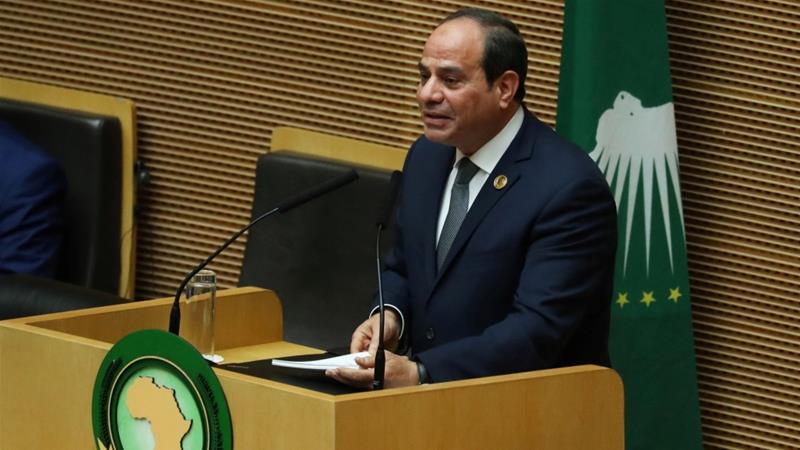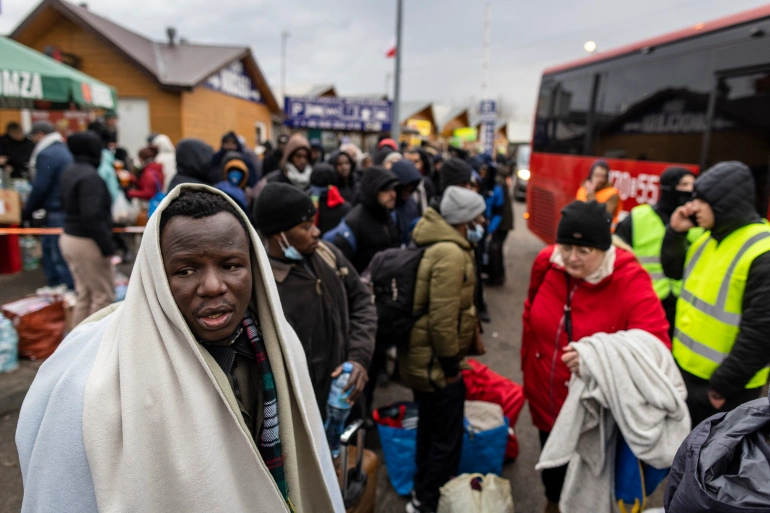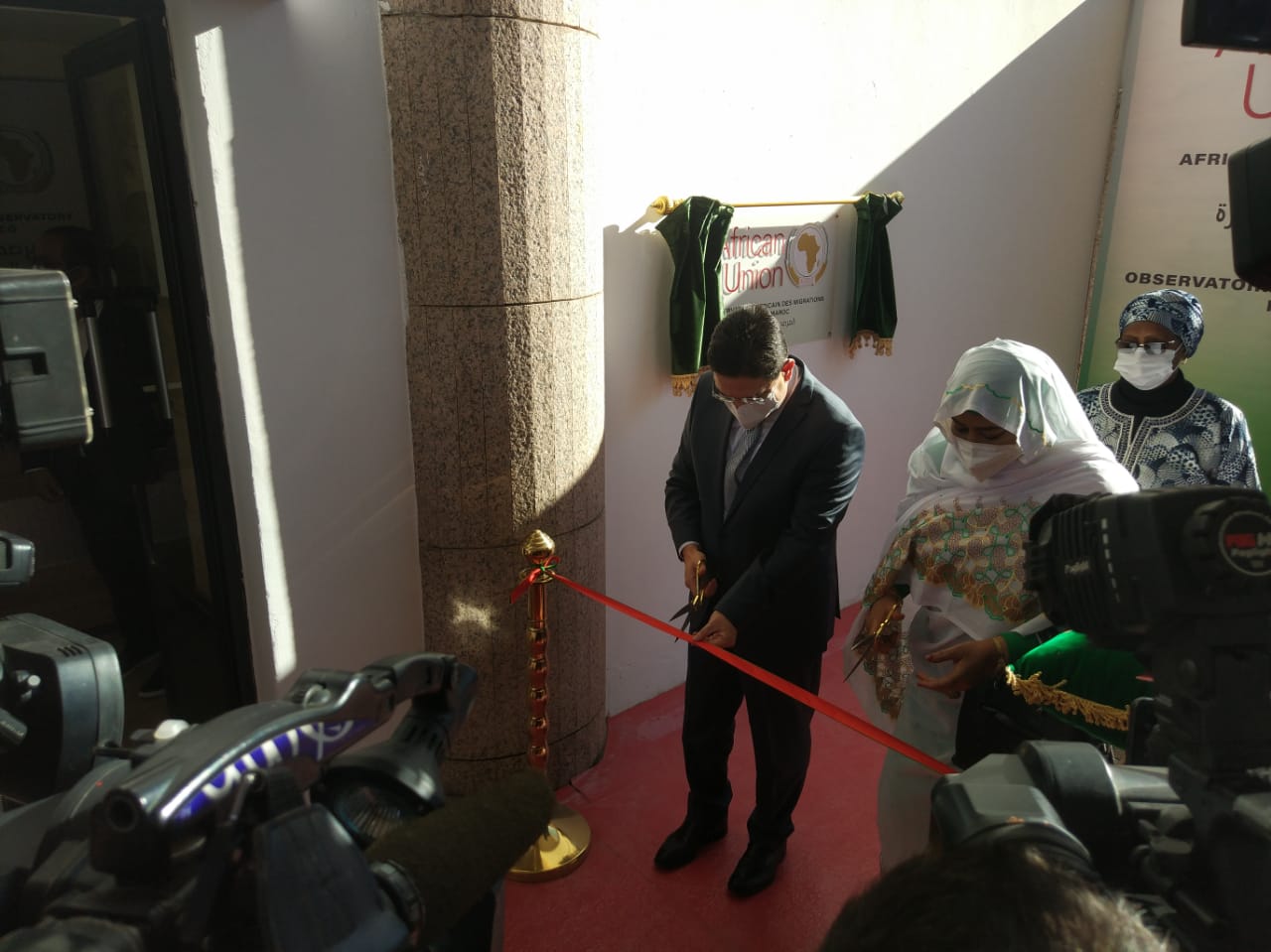The African Union’s Peace and Security Council (PSC) encourages the African Atlantic Process initiated in Rabat to consolidate an African framework for cooperation on maritime security and safety.
The AUPSC “encourages the African Atlantic Process in Rabat, within the framework of existing regional, sub-regional and inter-regional mechanisms, to contribute to the consolidation of an inter-African framework that takes advantage of mutually beneficial opportunities for cooperation on maritime security and safety,” reads a communiqué issued after a meeting on maritime piracy in the Gulf of Guinea.
The Council also expressed deep concern about the threat that piracy and armed robbery at sea in the Gulf of Guinea pose to the maritime security of the continent, greatly affecting the shipping industry and the economies of coastal states in the region.
The PSC strongly condemned all illegal maritime activities, including piracy and armed robbery at sea; illegal, unreported and unregulated fishing; assassinations, kidnappings and hostage-taking committed in the Gulf of Guinea, and called in this regard on the Member States concerned to strengthen maritime security in their territories and prosecute the perpetrators and those who finance or facilitate such acts, the communiqué reads.
The Council commended the countries of the Gulf of Guinea region and regional bodies for the collective efforts undertaken to resolve and prevent piracy, and other maritime crimes, which remain a serious threat to security and economic activities in the region.
The PSC also welcomed the national initiatives taken by member states in the region to combat piracy and armed robbery at sea in the Gulf of Guinea, including the existing and new integrated national maritime strategies and Nigeria’s integrated national security and waterways protection infrastructure (Deep Blue project), as well as the recent convictions for piracy and the legislation adopted to repress piracy and other maritime crimes.
The Council reaffirmed that the responsibility for combating piracy and armed robbery at sea rests with the coastal states concerned. In this connection, it called on the countries of the region to adopt legislation, criminalize these acts in their national laws, and investigate, prosecute, and extradite the perpetrators, while encouraging the conclusion of extradition agreements between the countries of the region.



